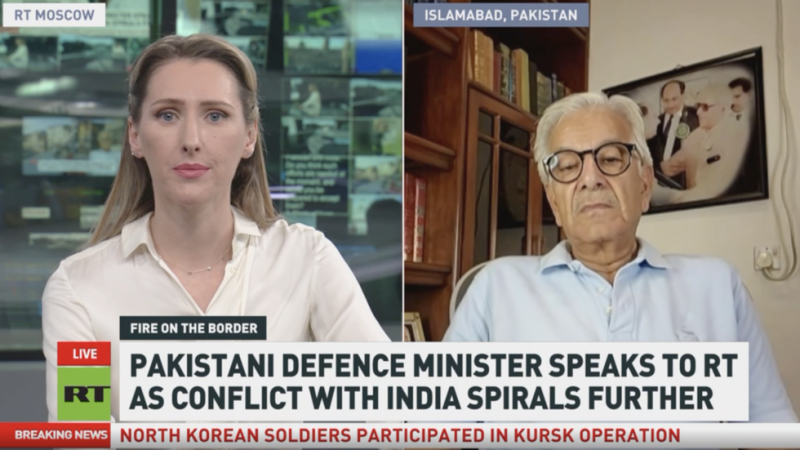
Pakistani Defense Minister Khawaja Asif recently made a startling claim in an interview with RT, asserting that the concept of ‘Jihad’ was a Western creation. His statement, delivered during a discussion about Pakistan’s historical support for terrorist groups, has ignited a firestorm of debate and controversy. Asif’s argument, while provocative, centers around the idea that Western powers utilized and manipulated extremist groups for their own geopolitical agendas, inadvertently (or perhaps intentionally) fostering the very ideology they now claim to fight against.
The interview touched upon Pakistan’s complex relationship with the US and Europe, suggesting that Islamabad’s actions were often driven by external pressures and strategic alliances. Asif implied that Pakistan’s involvement in supporting certain groups was a response to regional instability and the broader geopolitical landscape, a landscape shaped, he argues, by Western intervention. This perspective reframes the narrative of Pakistan’s role in the global fight against terrorism, shifting the blame, at least in part, to the West.
This controversial assertion has naturally drawn significant criticism. Many argue that Asif’s statement ignores the historical and religious context of Jihad, minimizing the role of indigenous extremist ideologies and leadership. Critics point to the undeniable actions of various Pakistani groups and their devastating impact on regional stability and global security. They contend that attributing the rise of extremism solely to Western influence is a dangerous oversimplification that lets Pakistan off the hook for its own responsibilities.
The debate surrounding Asif’s statement highlights the deeply complex and often fraught relationship between the West and Pakistan, particularly concerning counter-terrorism efforts. It underscores the enduring challenges of understanding the origins and evolution of extremist ideologies and the difficulties in disentangling the interwoven threads of geopolitical strategy and religious fervor. The minister’s provocative words undoubtedly serve as a potent reminder of the need for nuanced and critical analysis of the global war on terror and the often-unintended consequences of foreign policy decisions.










